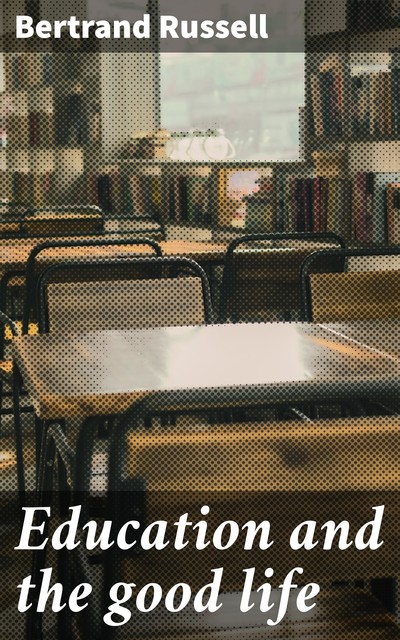On Education, Especially In Early Childhood
- About
- Quotes4
- Readers12
- Related books
248 printed pages
- Copyright owner
- Bookwire
- Original publication
- 2023
- Publication year
- 2023
- Publisher
- Good Press
Quotes
- echinarovahas quoted7 years agoThe education we desire for our children must depend upon our ideals of human character, and our hopes as to the part they are to play in the community. A pacifist will not desire for his children the education which seems good to a militarist; the educational outlook of a communist will not be the same as that of an individualist. To come to a more fundamental cleavage; there can be no agreement between those who regard education as a means of instilling certain definite beliefs, and those who think that it should produce the power of independent judgement.
- echinarovahas quoted7 years agoThus from love for our own children we are driven, step by step, into the wider sphere of politics and philosophy.
- echinarovahas quoted7 years agoThe conscientious parent may be driven by these considerations to send his boys and girls to schools in which he sees grave defects, merely because no existing schools seem to him satisfactory - or, if any are satisfactory, they are not in his neighbourhood.
fb2epub
Drag & drop your files
(not more than 5 at once)


